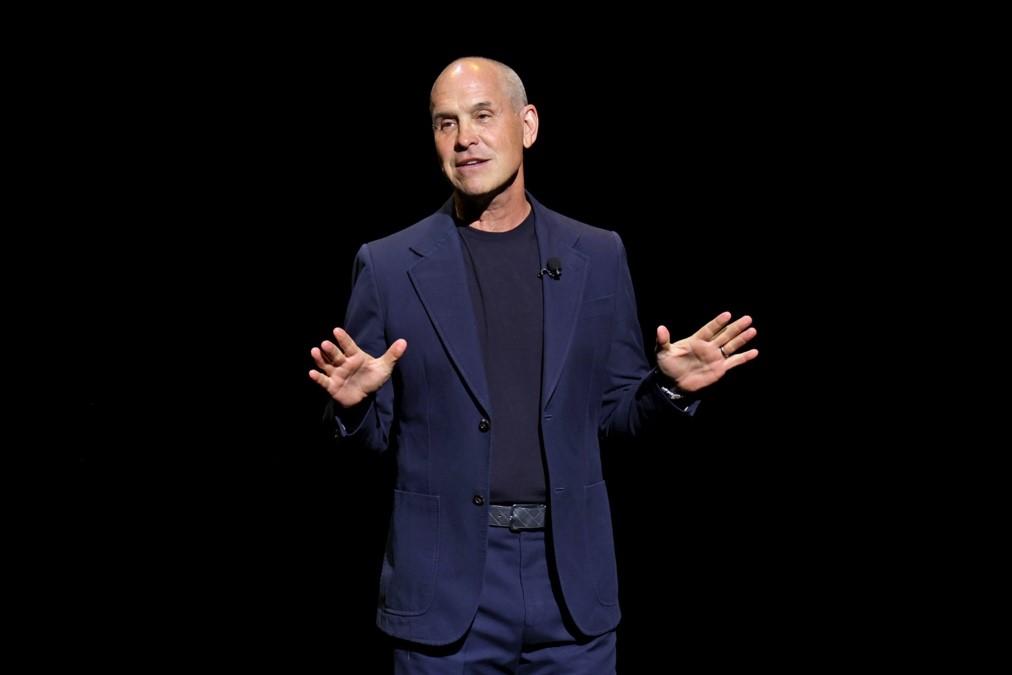Netflix announced positive Q4 earnings this week, marking a return to form for the world’s top streamer. At the end of the year, Netflix had over 260 million subscribers worldwide, its largest audience ever. In Q4, over 13.1 million new subscribers joined and profits were also ahead of what most analysts had forecasted.
This success is a validation of Netflix’s decision to clamp down on widespread password sharing among its customers. While some had warned that this would cause subscribers to flee the platform, it had the opposite effect by encouraging rogue users to come clean and sign up for their accounts.
Cost-conscious viewers were allowed to soften the blow by signing up for a less expensive, ad-supported service tier. The benefits to Netflix are twofold, with the conversion of non-paying viewers to paying subscribers, and an increase in the audience size that its sponsors can access on their platform.
Netflix is on track to continue its reign as the only major streaming service turning a profit. They have also announced their first foray into live sports, with a $5 billion deal with the WWE for exclusive rights to stream WWE Raw. Live sports represents a significant growth opportunity for Netflix, as the only area of entertainment programming that appeals to mass audiences where Netflix has not participated. The WWE deal could be the first of many such arrangements.
Netflix also poured cold water on any talk of a potential acquisition of linear assets. Their quarterly earnings report stated, “As our competitors adjust to these changes, it’s logical to expect further consolidation, particularly among companies with large and declining linear networks. We’re not interested in acquiring linear assets.”
And finally, this week also brought news that Netflix’s Head of Film Scott Stuber would be leaving the company after a seven-year stint. Under his tenure, Netflix increased its investment in creating original films with high-profile projects such as THE IRISHMAN, GLASS ONION: A KNIVES OUT MYSTERY, and RED NOTICE.
However, in recent years Netflix has pulled back somewhat on the number of original films it produces, focusing more of its resources on creating new series and licensing content from other providers. Stuber was said to be the primary advocate at Netflix for releasing more of its titles to theatres, and his departure reinforces the impression that the company remains uninterested in expanding the scope of its theatrical releases.











